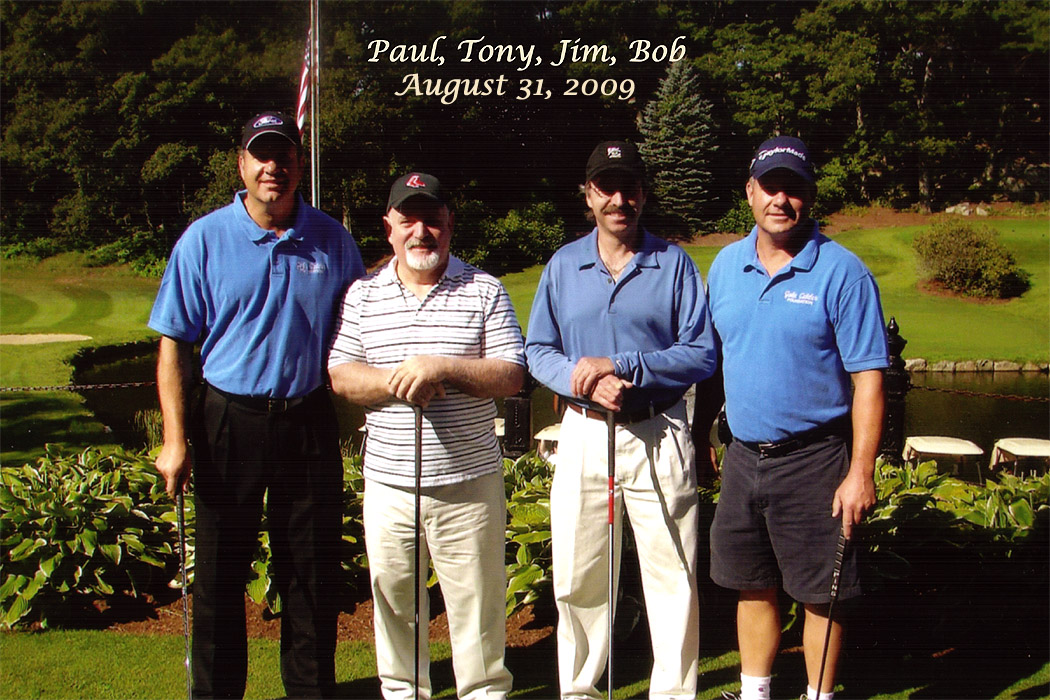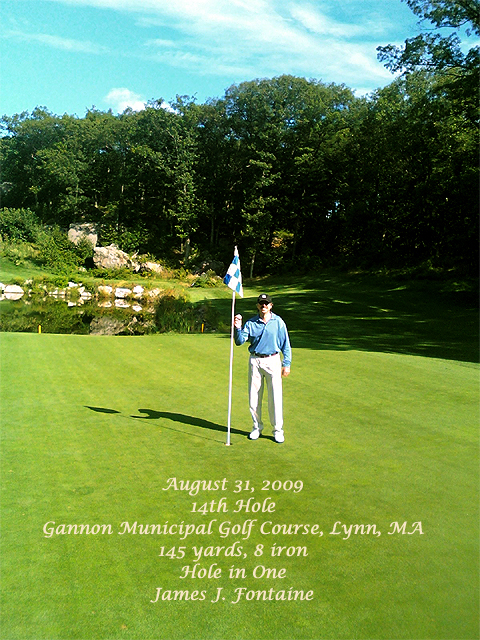Why do we support Zoo Atlanta?
Monday, January 4th, 2010We recently received an e-mail with a question from a person who is obviously dedicated to the welfare of wildlife. Here is the question she posed to us:
“You sound like a great organization but I don’t understand why you support a zoo. Wild animals belong in the wild, don;t you agree. Thanks for any reply.”
And, here was my reply:
Thank you for taking the time to write to us with your question regarding our support of Zoo Atlanta. We whole-heartedly agree with you that wild animals belong in the wild. However, we have also come to the conclusion through our research and commitment to saving wildlife, that although our first desire is that all wildlife should be able to exist in its natural habitat, that this optimal situation is becoming more and more difficult primarily due to habitat loss from human activities. That is why we support both wildlife conservation and habitat preservation. (In fact, I wrote an article about how these activities are inextricably intertwined in our Cofounders’ Message in this issue of our Eyes Alive Newsletter: Eyes Alive February 2009)
Also, we recognize that there are organizations more directly involved with wildlife and habitat issues and we use their research and scientific studies to formulate our own course of action as to how we can best help to save wildlife and habitat. The following succinctly states the challenge we are facing today with respect to the loss of species:
The reality of the current situation is that it will not be possible to ensure the survival of an increasing number of threatened taxa without effectively using a diverse range of complementary conservation approaches and techniques including, for some taxa, increasing the role and practical use of ex situ techniques.
This is from the opening paragraph of this IUCN publication.
With respect to our support of Zoo Atlanta, we are specifically supporting their ‘Give So They Stay’ Campaign which in turn supports their invaluable research and ongoing efforts to ensure that the critically endangered Giant Panda has the best chances for long term conservation and therefore that species survival.
And, again, deferring to another organization whom we have great respect for, the WWF maintains the following position on the role of zoos in conservation:
WWF has long supported the legitimate role of zoos in conservation, education, and research. Captive breeding programmes managed by zoos can provide positive benefits for species conservation if designed and used appropriately, and if they are part of a science-based conservation management plan for the species. Such programmes may act as a platform for zoologists, veterinarians and others to conduct research designed to enhance understanding of the biology of the species.
Again, you see the entire context of this paragraph.
We fully believe that Zoo Atlanta’s efforts with respect to their Giant Pandas is in alignment with these goals as well as our stated mission.
In conclusion, although we fervently wish to see all wildlife remain in its natural habitat as much as possible, until the majority of mankind recognizes and acknowledges the direct link that habitat destruction has on species extinction, we will undoubtedly need to rely on all possible and humane methods, even if less than ideal, to prevent the extinction of certain species. I hope this sheds some light on why we have chosen to support Zoo Atlanta’s ‘Give So They Stay’ campaign and why we will most likely continue to include accredited zoos among the organizations we support.
Most sincerely,
Jim Fontaine







